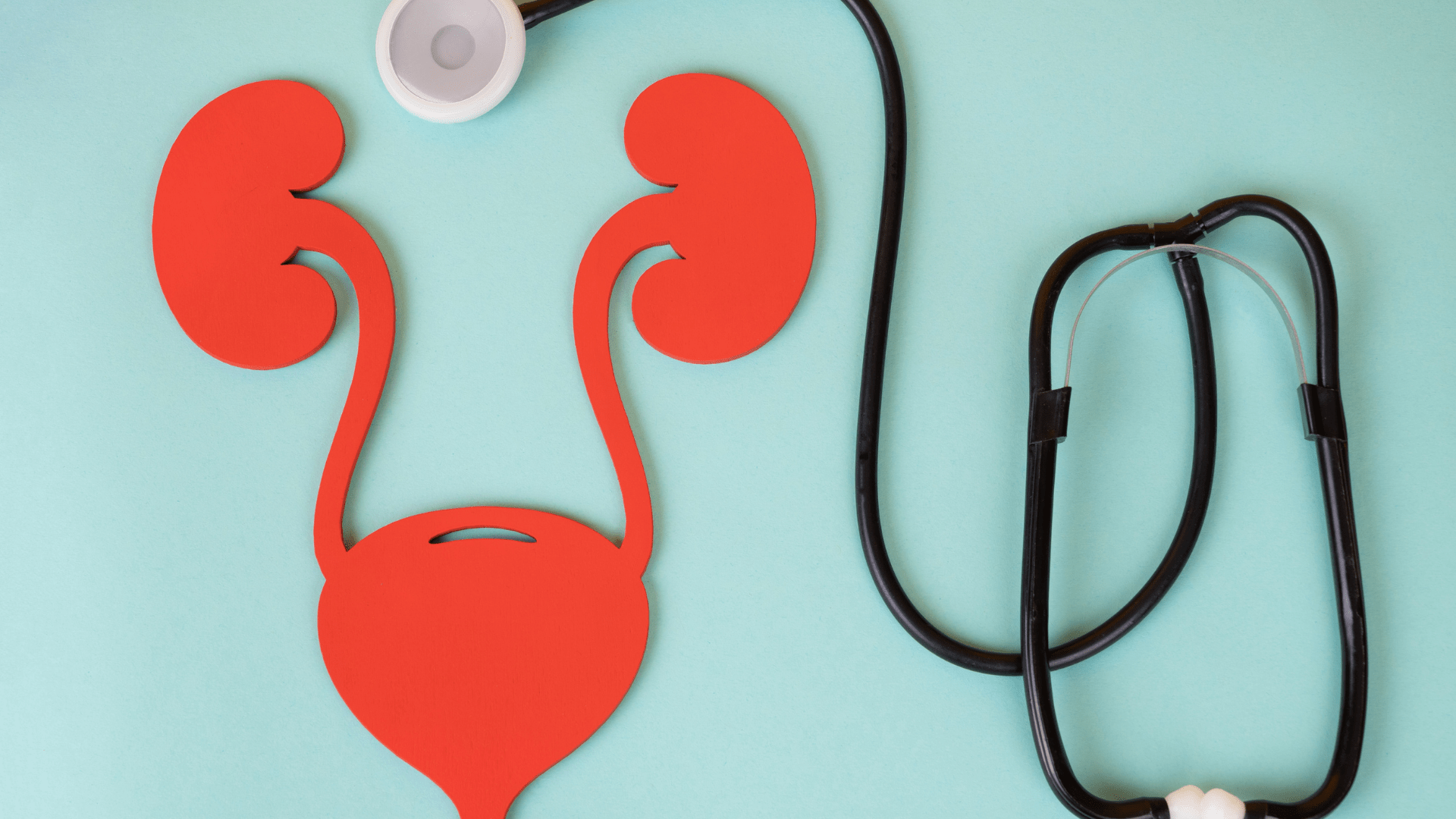Have you ever felt that your hormones are on a wild rollercoaster ride? One minute you’re calm, happy, and living your best life, the next you’re hangry, exhausted all the time, and now your skin doesn’t want you to shine!
Let’s share a secret: what you eat can greatly impact your hormonal balance. Food isn’t just about satisfying hunger, but also feeding your body with the right nutrients to keep it healthy.
This article is your go-to guide on how nutrition actually affects your hormones, which foods are your best friends (and fake friends), and practical tips to help you take charge of your hormonal health.
How Nutrition Affects Hormonal Health
Hormones are chemical messengers that regulate your entire system. They’re well-meaning busybodies that tell your body what to do, when to do it, and how much to do.
Here’s why nutrition is important. Your body builds these hormones from cholesterol and amino acids, the building blocks of protein. Your diet provides these raw materials, including vitamins and minerals, which help your body make these hormones and keep things running smoothly.
For example, oestrogen and progesterone (the queens in your reproductive system), Insulin (which controls your blood sugar), and thyroid hormones (which control your metabolism), all depend on good nutrition to work well.
When your diet is on point, you’re giving your hormones the right tools to do their jobs. But if you eat lots of processed foods, too much sugar, or skip key nutrients, those busy messengers can get confused. That confusion manifests as hormonal imbalance, which could show up as irregular periods, mood swings, acne, fatigue, and fertility issues.
Even your gut is crucial because it contains good bacteria that help break down and recycle hormones. So, nourishing your gut is a smart move for good hormonal health.
Foods That Help Hormonal Balance

Now we know that we need to keep our hormones happy, what foods can help? The secret is eating foods rich in healthy fats, vitamins, minerals, fibre, and probiotics. Luckily, your kitchen is full of hormone-friendly foods that can boost your hormonal balance.
- Fatty Fish: Salmon, titus, and even stockfish are packed in omega-3 fatty acids, which can help reduce inflammation and support your body’s hormone production, especially those linked to your mood and reproductive health, like oestrogen and progesterone.
- Leafy Greens: Spinach, ugu, and bitterleaf are loaded with magnesium, a mineral that helps calm your body’s stress hormone, Cortisol. They can even improve Insulin sensitivity, helping your blood sugar stay healthy. So, when life gets hectic, these greens have your back.
- Whole Grains: Foods like brown rice, ofada rice, and oats are slow-burning carbs that keep your blood sugar levels steady. A stable blood sugar level means your Insulin hormone doesn’t have to work overtime and crash.
- Fruits: Citrus fruits like oranges and lemons, and berries like blueberries and strawberries, bring the antioxidants to the party. Antioxidants protect your cells from damage, and vitamin C also helps to reduce your stress hormone levels.
- Fermented Foods: Fermented foods rich in probiotics, like yoghurts, pap, and iru (locust beans), have good bacteria that keep your gut and hormone recycling on point. A happy gut = happy hormones.
- Legumes: Beans and groundnuts are rich in protein and fibre. They provide the nutrients needed for hormone production, and are especially important for women dealing with oestrogen balance.
- Nuts and seeds: Walnuts, groundnuts, and egusi (melon seeds) are small but mighty. They provide healthy fats and plant compounds that support oestrogen metabolism and
Foods That Can Harm Hormonal Balance
So, we know that no one is perfect, and cravings do happen. But there are some foods that can through your hormones out of balance.
- Processed and fried foods: Think of oily suya that you love or puff-puff that has been fried in lots of oil and even old oil (used for the past week or even a month!). Yes, they taste amazing, but they have unhealthy fats that can make your hormones feel grumpy.
- Sugary drinks and sweets: Too much sugar can spike your Insulin, which can lead to crashes. It can also worsen PCOS symptoms like irregular periods and acne, and mess with your thyroid hormones.
- Excessive caffeine: Some of us are not morning people and use caffeine to kickstart our day. We get it. It’s okay in moderation, but overdoing it can increase your Cortisol levels and interfere with your sleep and mood.
- Alcohol: Too much alcohol can disrupt your hormone balance by affecting your liver, increasing your stress hormones, and even affecting your menstrual cycle.
Practical Tips to Keep Your Hormones Happy
- Eat a balanced diet: Aim for a mix of protein, healthy fats, and slow carbs. Nigerian dishes like beans and plantain or ofada rice with vegetable stew are great combos, plus they taste yummy too!
- Snack smart: It’s okay to treat yourself, but don’t let your cheat days become an everyday thing. Swap sugary snacks and drinks for yoghurts, fruit salads or smoothies, and nuts.
- Stay hydrated: Drink lots of water. It helps flush out toxins. If you’re on the go, get a water bottle to help you stay hydrated throughout the day.
- Listen to your body: Your body is a good snitch that you should love. Listen to what she tells you after eating a certain type of food.
Final Thoughts
Your hormones are working hard every day to keep you balanced and energised. What you eat determines whether they’ll keep cheering you on or whether they’ll become out of balance and throw a tantrum.
If you have questions about your hormonal health and how to come up with a diet plan, don’t look too far. Talk to our nutritionist here to help come up with a personalised plan that will suit your needs.
References
Fats and Cholesterol – The Nutrition Source




